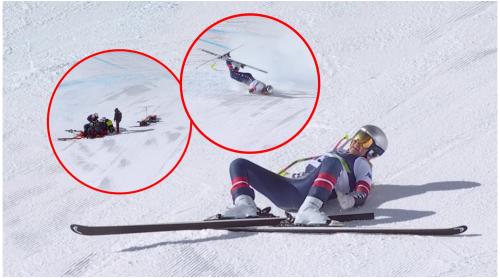
A ghost haunts Europe. It is the ghost of federalism. The state-nation feels threatened by the idea of federalism and forced to fight against it. Without admitting it, the battle is a rearward one. It talks about the failure of the ethnic principle as the single base for the state edifice.
A ghost haunts Europe. It is the ghost of federalism. The state-nation feels threatened by the idea of federalism and forced to fight against it. Without admitting it, the battle is a rearward one. It talks about the failure of the ethnic principle as the single base for the state edifice.
The project of the nation-state collapsed in the conflict between geography and history. The geography requirements determined the states to be based on a minimum area able to ensure the minimum living resources and the minimum conditions for the defense. On the other hand, history has brought different ethno-cultural communities on those territories. Thus, the core of the nation-state - the principle of nationalities -, proved to be utopian. Launched as an ethnic state, the nation-state, multicultural inevitably, under the pressure of the fact that cultures divide, had to transform into the civic state. From these positions, he defends against cultural segregation and political recession subsequent to it.
The problem is that in circumstances where, thanks to modern technology, space has decreased, the market (economy), the (organized) crime and poverty (due to immigration) have become global (supranational), while the state-nation (civic and multicultural ) of a Westphalian (dominated by the idea of sovereignty) manner does not have the capacity of a extraterritorial action to enable the cross-border discipline processes necessary to ensure the safety of its citizens. Or, the feeling of insecurity has always pushed the people to refuge inside the family communities, where the lack of material safety has been replaced by the imaginary comfort given by the cultural similarities. Since the civic nation can no longer guarantee the safety of its citizens, they gather behind the ethnic barricades.
The phenomenon can be observed in a Europe where, despite the integration process, there is an increase in the number of sovereign States and in which the objective interdependence coexists in contradiction to the subjective impetus to independence. In Italy, the cohesion of the unitary state lives under the pressure of the currents, by stating the right of the people (meaning traditional ethno-cultural communities) to separated political superstructures. Spain knows the same development, the Catalan and Basque examples being the most known. In the UK, the Irish and the Scottish already have their own state institutions that confirm the national segregation. In Belgium, the uniqueness of the crown hardly keeps Walonia and Flanders together, while in France the Gaullist republic may be single but not indivisible. In Romania, the power is reconfigured at the local level. The Czech-Slovak divorce and the dividing of former Yugoslavia are already history. If this process continues, Europe will plunge back into feudalism. Midget state formations resulting from the disintegration of the national civic complexes, not being able to play a significant role in adjusting the balance of forces that circumscribe the dynamics of world order, will be forced to give up on internal democracy. The only solution for securing the individual is to entrust the personal destiny in the hands of the local potentates.
The European states can be saved only in the framework of a federation of civic nations, under the form of the bricks making the edifice of a transnational democracy, of a European cosmopolitan nation. The physical, cultural and political geography will reconcile which will lead to the individual and collective, national (cultural) and geo-strategic (international) security. "Demos" does not mean people in the ethnic sense, but a community of people united in promoting a joint result of a public debate organized in a common area. Denying the right of existence of the European "demos" is equivalent today to the suicide of member nations. Between Europeanization and feudalization, the European nations have only one exit: the United States of Europe.
Citește pe Antena3.ro

















